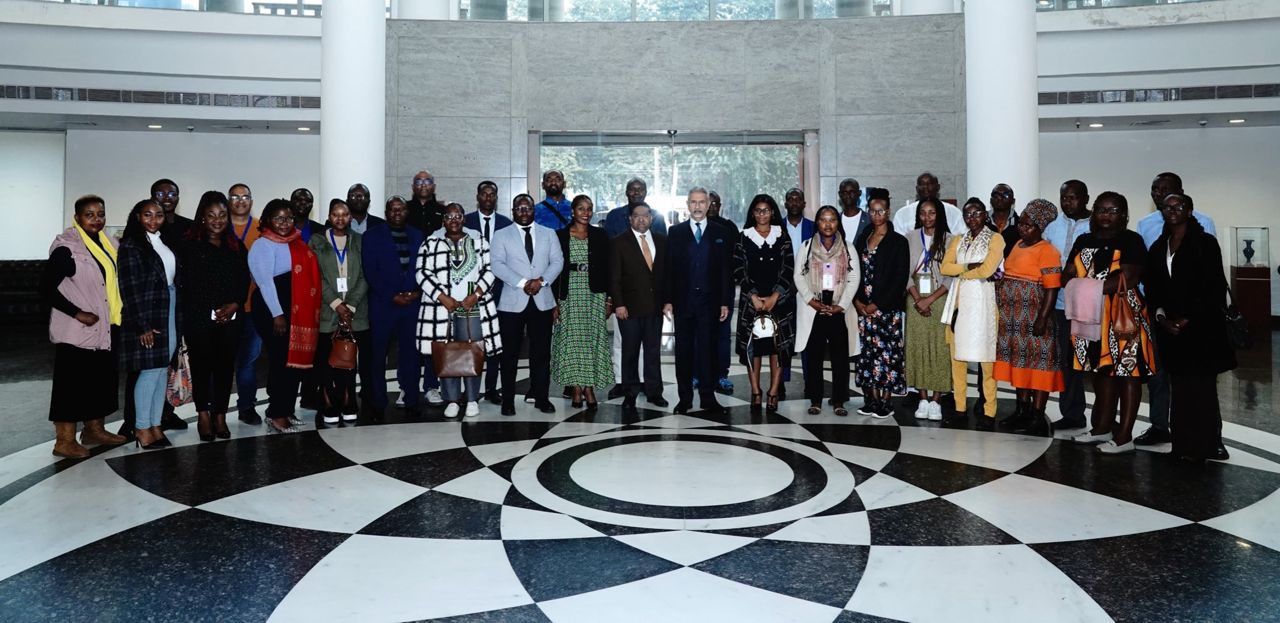OPUWO is abuzz. The dusty northwestern town will soon have its own bicycle repair shop which will provide HIV-AIDS home-based care volunteers with at least 30 bikes for their daily rounds.
Although Opuwo is one of the towns in Namibia with the lowest HIV infection rates, at around 10 per cent, home-based care givers struggle to take care of the sick because they cannot get to outlying areas.The Namibia Red Cross Society has introduced the new concept of a bicycle ambulance (stretchers on wheels), with one at Opuwo and another at Khorixas, but struggled to keep the bikes on the road because there was no maintenance shop.’There was money to fix them but it was just very hard because they would need to be transported to Oshakati or someone would have to buy the parts there and bring them back. We are hoping when the shop is up and running that the ambulances will make a comeback and once again help the bedridden or homebound HIV and AIDS infected clients,’ said Edward Wynimko, a US Peace Corps volunteer who heads the project.Some time ago Wynimko contacted the Bicycle Empowerment Network (BEN) in Windhoek to find out about he process of getting a Bicycle Enhancement Centre (BEC) or a bike shop in Opuwo.BEN told him that he needed to do some research to find out if the people in the area actually wanted and needed a bike shop.Wynimko got four volunteers from Opuwo who did a needs assessment and wrote a proposal for BEN Namibia’s consideration.BEN Namibia contacted donors to find out who would be willing to support the project and Melbourne (Australia) took the project as their baby.AUSSIES LENDA HANDRecently the Australians sent a container full of various types of bicycles – around 250 – to Namibia.’Now that the container is here in Opuwo we are waiting for the rest of the funds to be donated. This will then provide the five volunteers with a six-week training. They will learn how to fix bikes, how to help customers, how to run the business, how to keep track of the money books, and everything needed to run a bike sales and repair shop,’ Wynimko told The Namibian.Volunteers Tjirapembe Uarije, Rauna Ndatala Shikongo, Sakari David, Uatiza Hepute and Kakujeva Ngombe also hope to rent out bikes to local tour guides and hotels so that tourists can ride to the outlying settlements and Himba homesteads around Opuwo.’The project can grow as big as the volunteers want it to. It’s totally up to them if it succeeds or fails. We are hoping the impact on the society will be good,’ Wynimko said.Until now Opuwo has not had a bike shop and residents had to take their bicycles to Oshakati for repairs – which is a costly exercise.’The bikes will just make life easier for the people who buy them, especially if they are weakened by HIV-AIDS. They can get places faster and get more accomplished in their day,’ he said.The bikes are second-hand but ‘pretty nice’, according to Wynimko.’Most are mountain bikes, which will work great here because of the rocks and thorns. Once the volunteers fix them up they will be sold at an average of N$500,’ Wynimko said.The 30 bikes will help the volunteers to reach their home-based care clients in the settlements near Opuwo.’This will also help the HBC volunteers take items, such as e-pap, toiletries, or whatever else the HIV-AIDS clients need, rather than walking and carrying the items,’ he said.As for the bicycle ambulances, they are designed to help transport patients from their homes at outlying farms or villages to hospitals or clinics.NUTS AND BOLTSSuch an ambulance consists of a removable stretcher and a trailer frame that is light enough to be towed by a bicycle, or even pulled by a person, if need be.The stretcher is made of tarpaulin fabric (a type of woven plastic used in tents and other temporary shelters) and a metal frame. The tarp is held in place by pieces of rubber from old bicycle inner tubes, which also act as shock absorbers, making the patient’s ride more comfortable.The trailer is a welded metal frame riding on two bicycle wheels, and is attached to the bicycle using a ball-joint trailer hitch from an old car.In other African countries the bicycle ambulance is what is referred to as a ‘piggyback’ solution because it makes use of skills and technologies that already exist in the area where it is intended to be used.In Opuwo’s case, the solution takes advantage of the fact that bicycles are used nearly everywhere although maintaining them has been a problem.The bicycle ambulances are easy to maintain, and provide affordable transportation for the poor and rural populations.In a recent assessment of the link between transport and healthcare, BEN Namibia found that people living with HIV and AIDS were hit hard by a lack of transport.Patients either miss their treatment because no transport is available, or spend most of their income on paying for lifts in private vehicles, leaving little money to pay for the food that is an essential part of their treatment.The situation worsens in an emergency, when rural people may pay heavily to reach the nearest hospital.That was why BEN Namibia launched a bicycle-ambulance manufacturing plant in Windhoek three years ago.In other African countries where bicycle ambulances are in use, there have been marked declines in infant and maternal deaths.The bicycle ambulance is not intended to replace motorised ambulances, but to fill a gap where no services are provided.christof@namibian.com.na
Stay informed with The Namibian – your source for credible journalism. Get in-depth reporting and opinions for
only N$85 a month. Invest in journalism, invest in democracy –
Subscribe Now!







